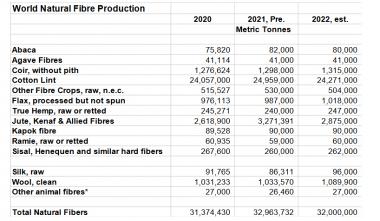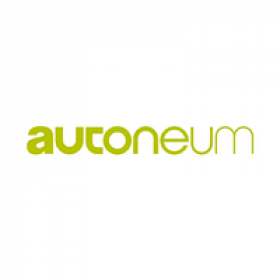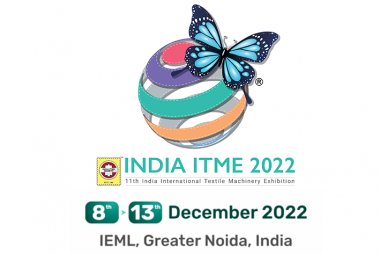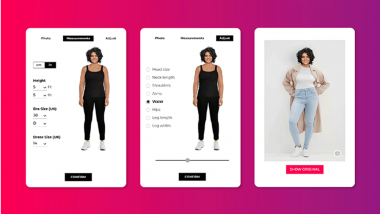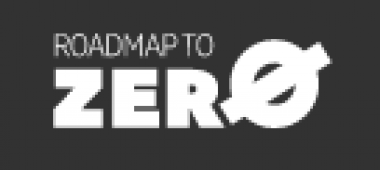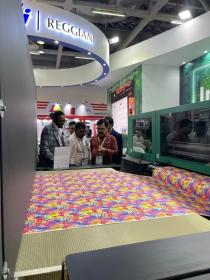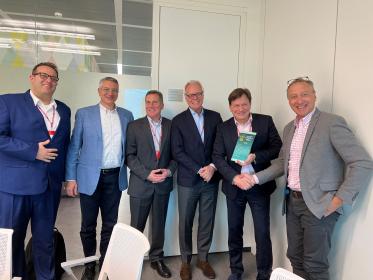SHIMA SEIKI presents WHOLEGARMENT® knitting at Pitti Filati
SHIMA SEIKI ITALIA S.p.A., Italian subsidiary of leading Japanese computerized knitting solutions provider SHIMA SEIKI MFG., LTD., will exhibit at the 92nd edition of the Pitti Immagine Filati exhibition in Florence, Italy. Products exhibited will include the new SWG-XR®154 and N.SVR®183 computerized flat knitting machines as well as APEXFiz® design software.
As pioneer of seam-free WHOLEGARMENT® knitting, SHIMA SEIKI has been setting the standard almost exclusively with nearly 30 years of experience in complete garment technology. Now that benchmark has been raised once again with its new SWG-XR® flagship WHOLEGARMENT® knitting machine. SWG-XR® features 4 needle beds for all-needle knitting of high quality WHOLEGARMENT® products using the company's original SlideNeedle®. SWG-XR® features a renewed sinker system and a compact, light-weight carriage featuring 4 systems as well as auto yarn carriers. All contribute to increased productivity of more than 25% over the previous MACH2®XS machine, as well as increased product range using a wider variety of yarn for supporting knits for all seasons, and higher quality for knitting beautiful fabrics and silhouettes; even items that were impossible to knit with the MACH2® series. SWG-XR® sets new standards for the next generation of waste-free, sustainable WHOLEGARMENT® knitting.
A new proposal in WHOLEGARMENT® knitting will also be introduced in the form of the N.SVR®183 WHOLEGARMENT® knitting machine. SHIMA SEIKI's global standard in shaped knitting, the N.SVR® series now features a model for producing WHOLEGARMENT® knitwear using every other needle in ultrafine gauge. N.SVR®183 is equipped with the R2CARRIAGE® system and a compact, lightweight carriage for even higher productivity. Shown in 21G at Pitti Filati 92, N.SVR®183 is the ideal machine for flexible, entry-level WHOLEGARMENT® production, with the versatility to respond to fluctuating market demand.
APEXFiz® subscription-based design software supports the creative side of fashion from planning and design to colorway evaluation, realistic fabric simulation and 3D virtual sampling. Virtual samples are a digitized version of sample making that are accurate enough to be used effectively as prototypes, replacing physical sampling and consequently reducing time, cost and material that otherwise go to waste. APEXFiz® thereby helps to realize sustainability and digitally transform the fashion supply chain.
SHIMA SEIKI MFG., LTD.
















